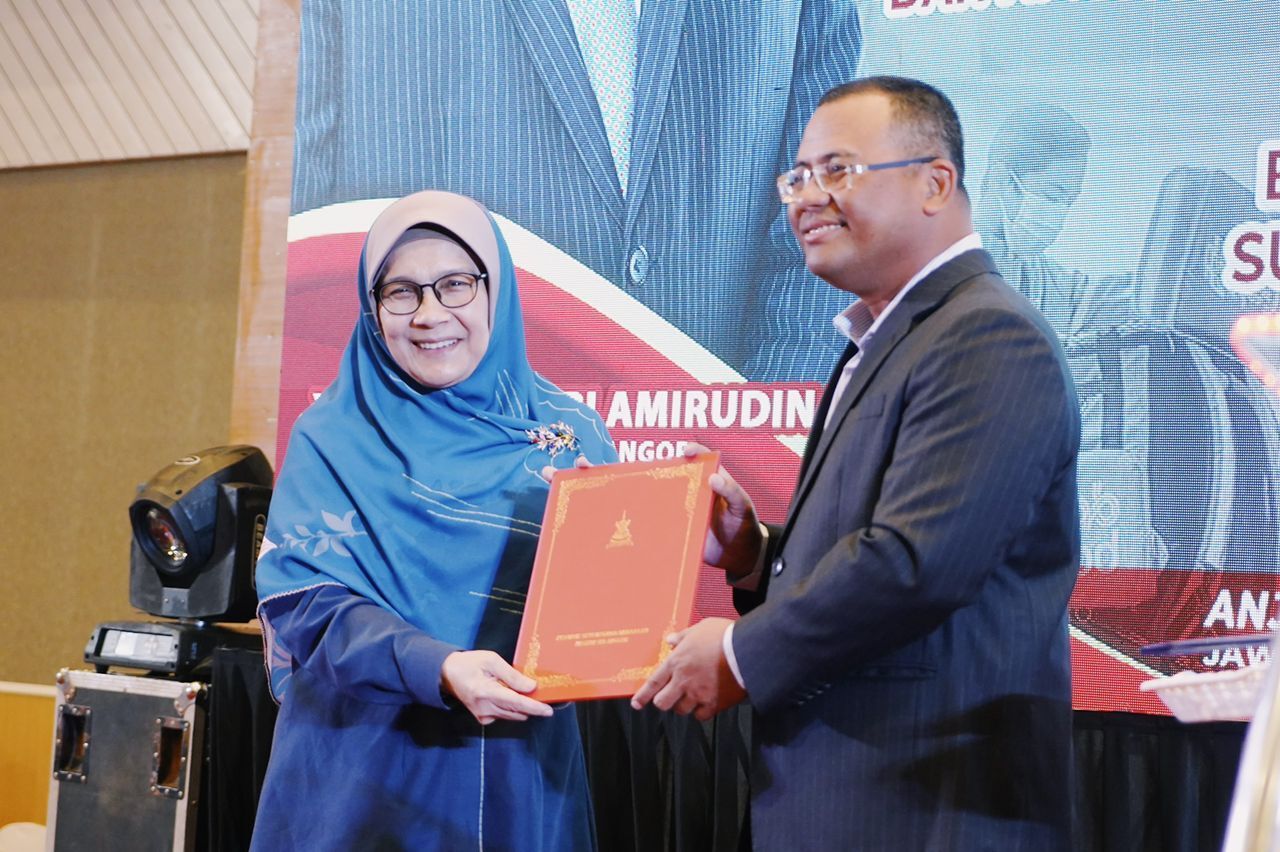KUALA LUMPUR, June 7 – The Selangor state government today launched its Selangor Public Health Advisory Council (Selphac) that comprises members of the state administration and the federal Selangor state health department.
Selangor Menteri Besar Amirudin Shari said Selphac would aid the state government to plan and implement projects and programmes related to public health that covers both infectious disease outbreaks and the non-communicable disease (NCD) crisis.
Selphac comprises 15 committee members from the state government as the main implementing agency, the Selangor state health department that is under the federal Ministry of Health’s (MOH) jurisdiction, medical experts and former members of the now defunct Selangor Task Force Covid-19 (STFC), academics in the medical field, health representatives from the industrial sector, as well as representatives from the Malaysian Medical Association and the Malaysian Public Health Physicians’ Association.
“In the short term, Selphac committee members will play their roles to increase public health awareness and literacy among Selangor residents through policy and programme suggestions; to identify issues related to public health and to suggest solutions to the state government; and to increase and expand the functions of community leaders under the state government to bring forward the agenda of healthy communities in the state of Selangor,” Amirudin said in a speech at the launch of Selphac in Shah Alam today.
He added that the formation of Selphac was in line with Health Minister Khairy Jamaluddin’s engagement session with the state government last December 21 on the Healthy Malaysia National Agenda (ANMS) that proposed the formation of ANMS committees at the state level.
The engagement session mooted allocations from state governments to launch ANMS initiatives according to the needs of respective states, while the federal MOH has also provided allocations through state health departments based on the ANMS Strategic Plan.
At the launch of Selphac, Selangor state executive councillor in charge of public health Dr Siti Mariah Mahmud highlighted the impact of chronic disease on mortality and the economy.
She noted that NCD treatments are estimated to cost the Malaysian government nearly RM8.9 billion by 2030, while the intangible costs of chronic illness in disability-adjusted life years (DALYs) lost are estimated at RM100.79 billion, equivalent to 7.35 per cent of the gross domestic product (GDP). DALYs are the sum of the years of life lost due to premature mortality and the years of healthy life lost due to time lived in poor health or disability.
Dr Siti Mariah said the Selangor state government, with Selphac’s cooperation, has launched a state health screening programme, Selangor Saring, that provides NCD screenings – including for breast, cervical, colorectal, and prostate cancer, besides checking for hypertension, diabetes, liver disease, and eye conditions for Selangor residents across income levels.
Selangor Saring also covers the costs of further diagnostic tests for those who show symptoms in initial screenings like mammograms, cervical swabs, and faecal occult blood tests (iFOBT) that are used to check for the signs and symptoms of breast, cervical, and colorectal cancer respectively.
Selangor Saring registers participants on the Selangor state government’s SELangkah mobile app that was previously used to manage the Covid-19 epidemic. The state administration envisions enabling people to use SELangkah for their personal electronic health records that they can carry around to various physicians.
Dr Siti Mariah also cited the state government’s interventions for obesity through the Slim Selangor programme and mental health through the Selangor Mental Sihat (Sehat) programme.
“Post-Covid, the state government and all stakeholders must take non-communicable diseases seriously as this group was seen to be at high risk throughout the pandemic,” Dr Siti Mariah said, noting that at the global level, 70 per cent of deaths were caused by NCDs.








